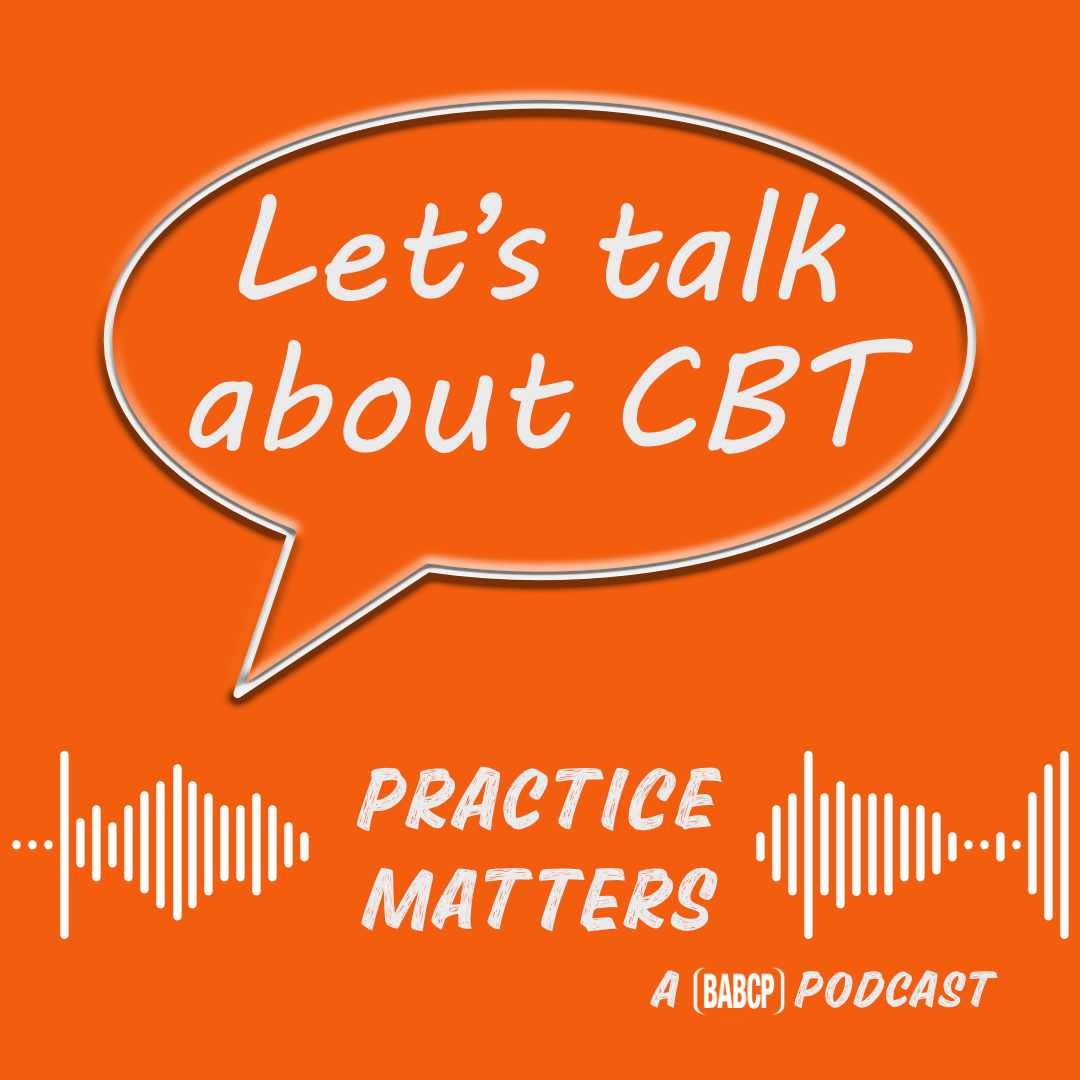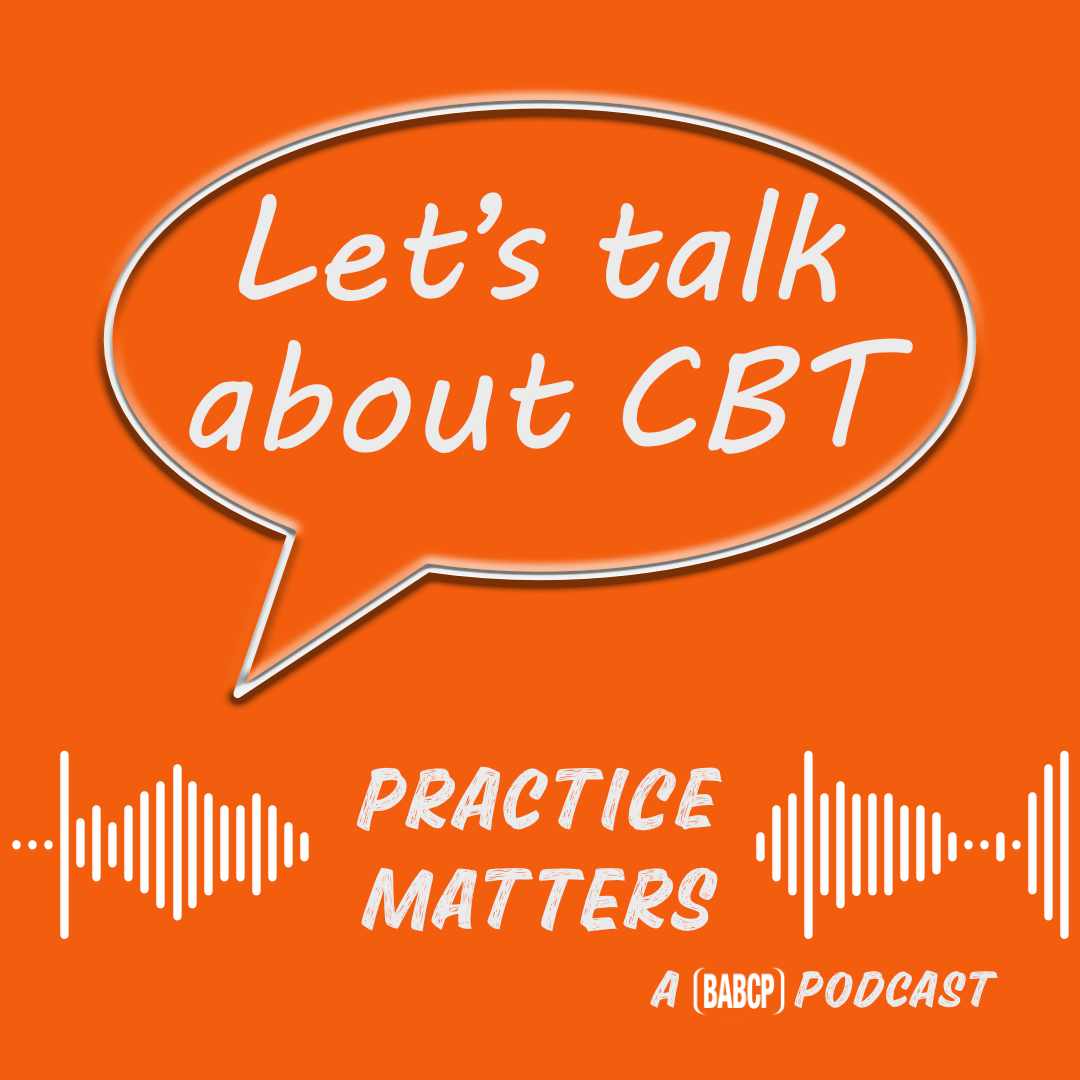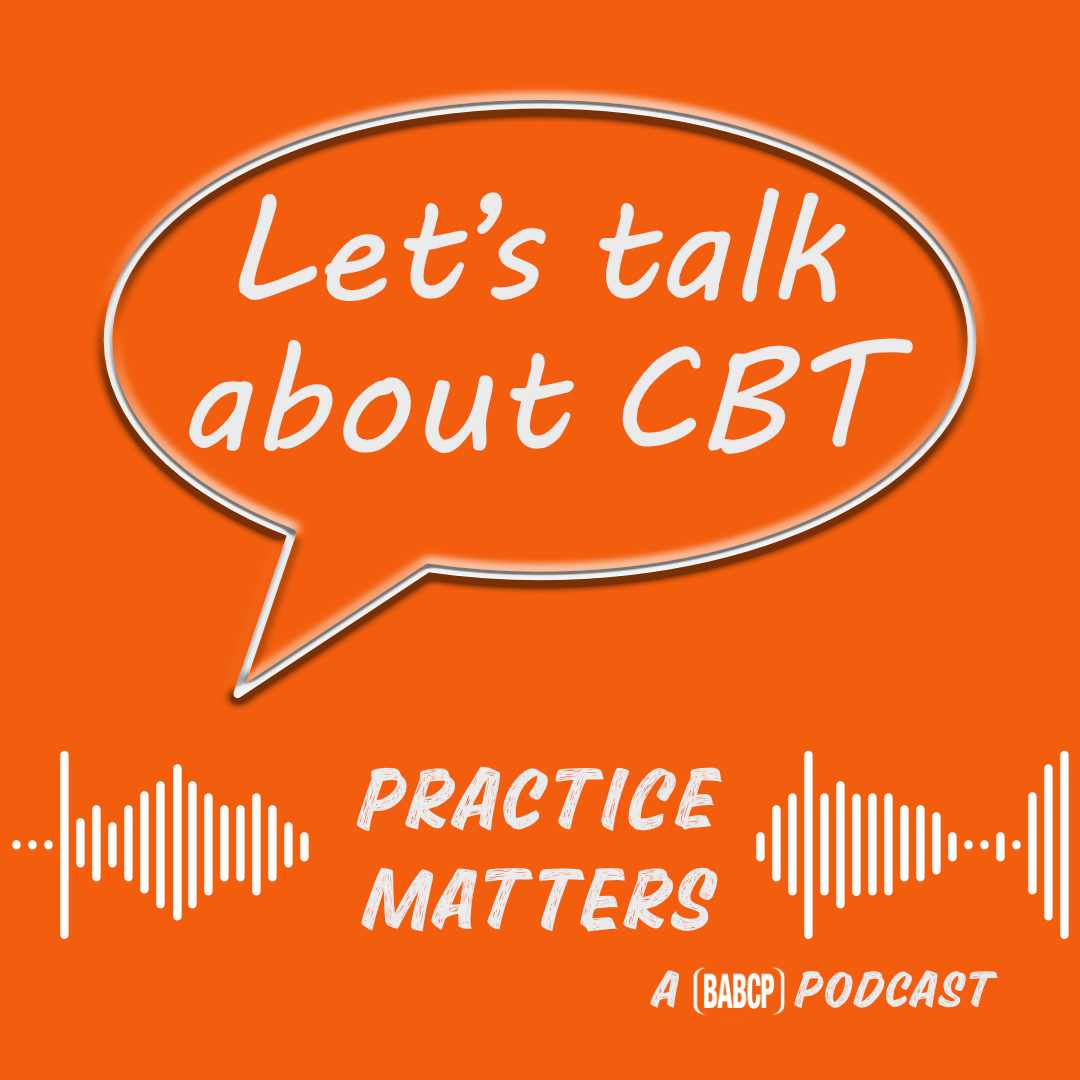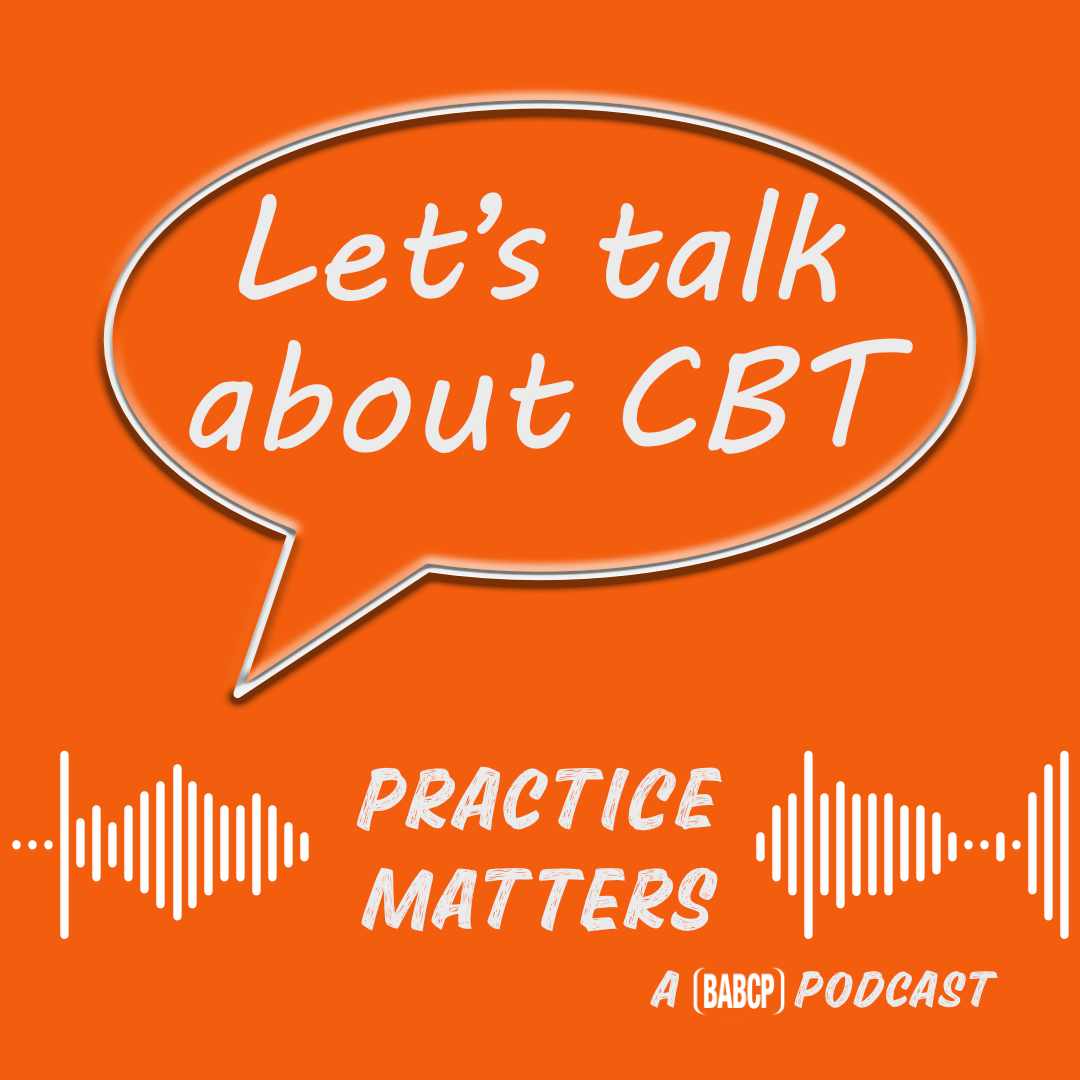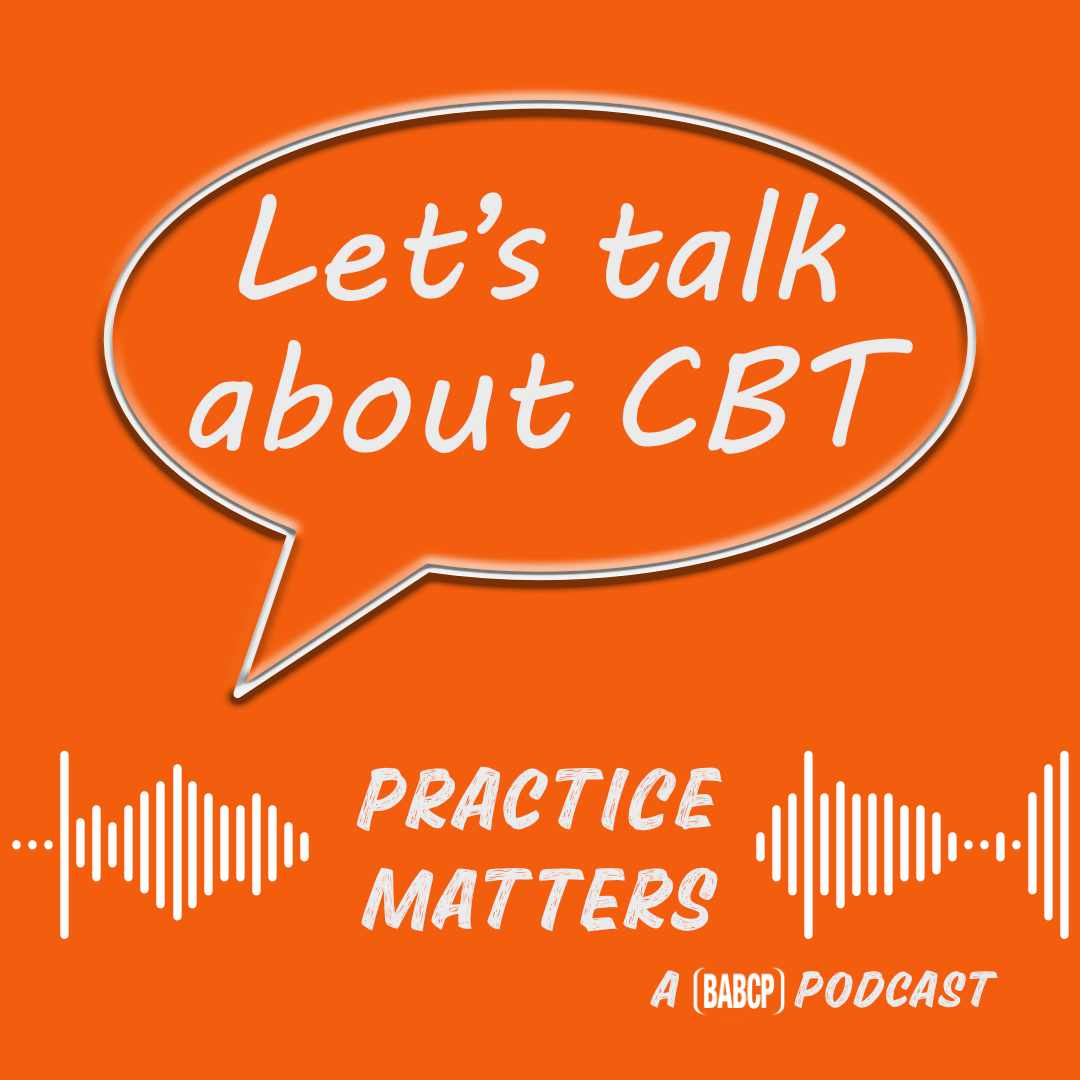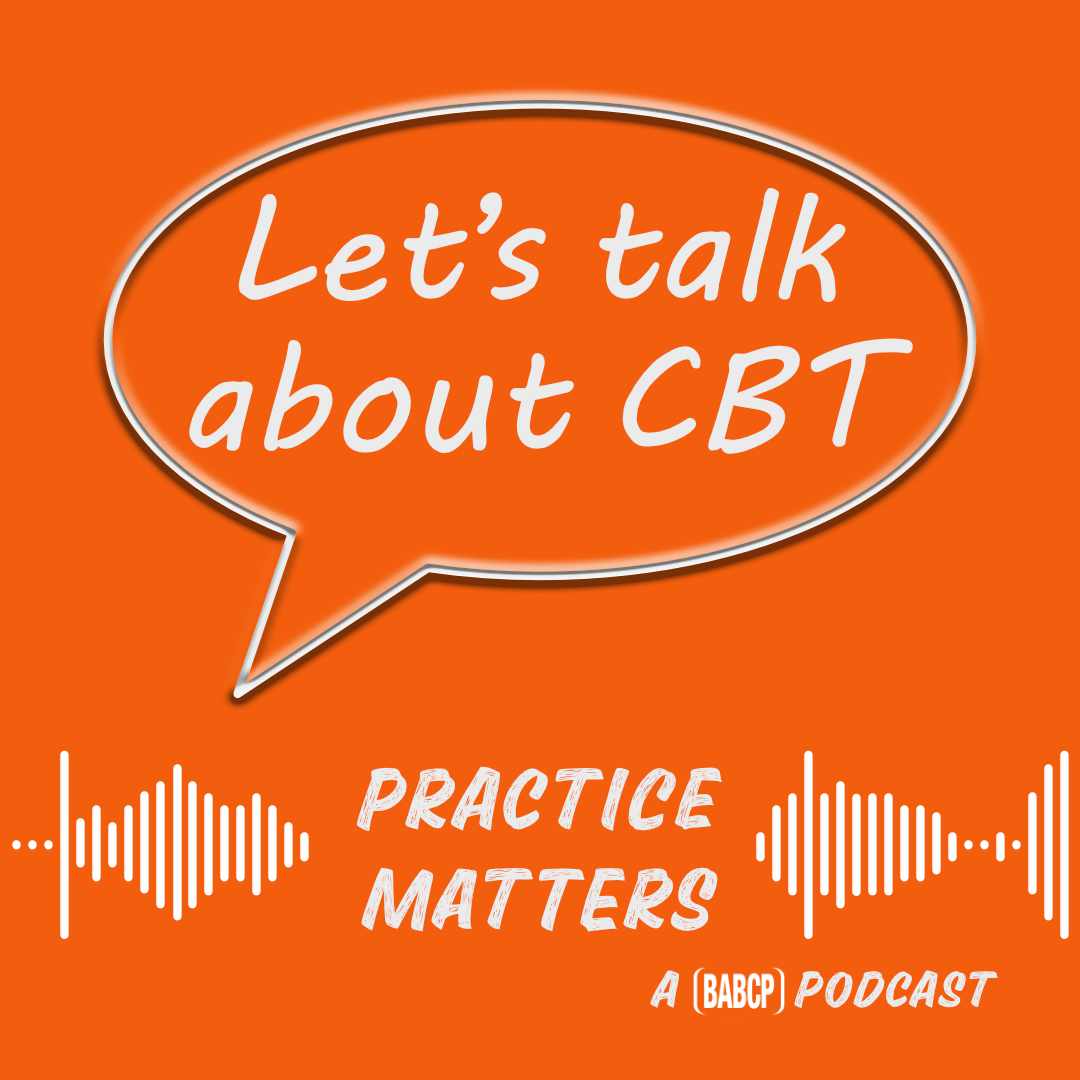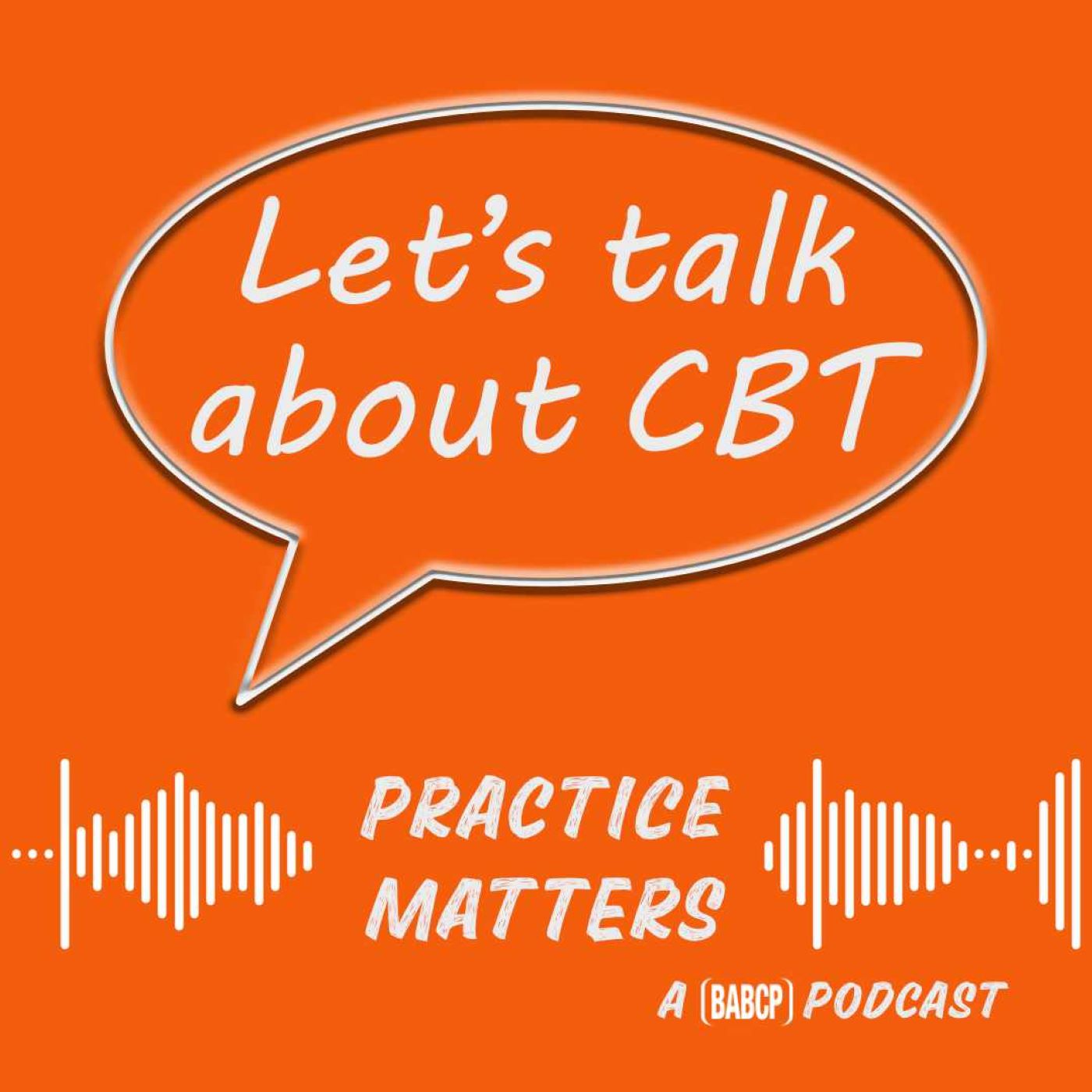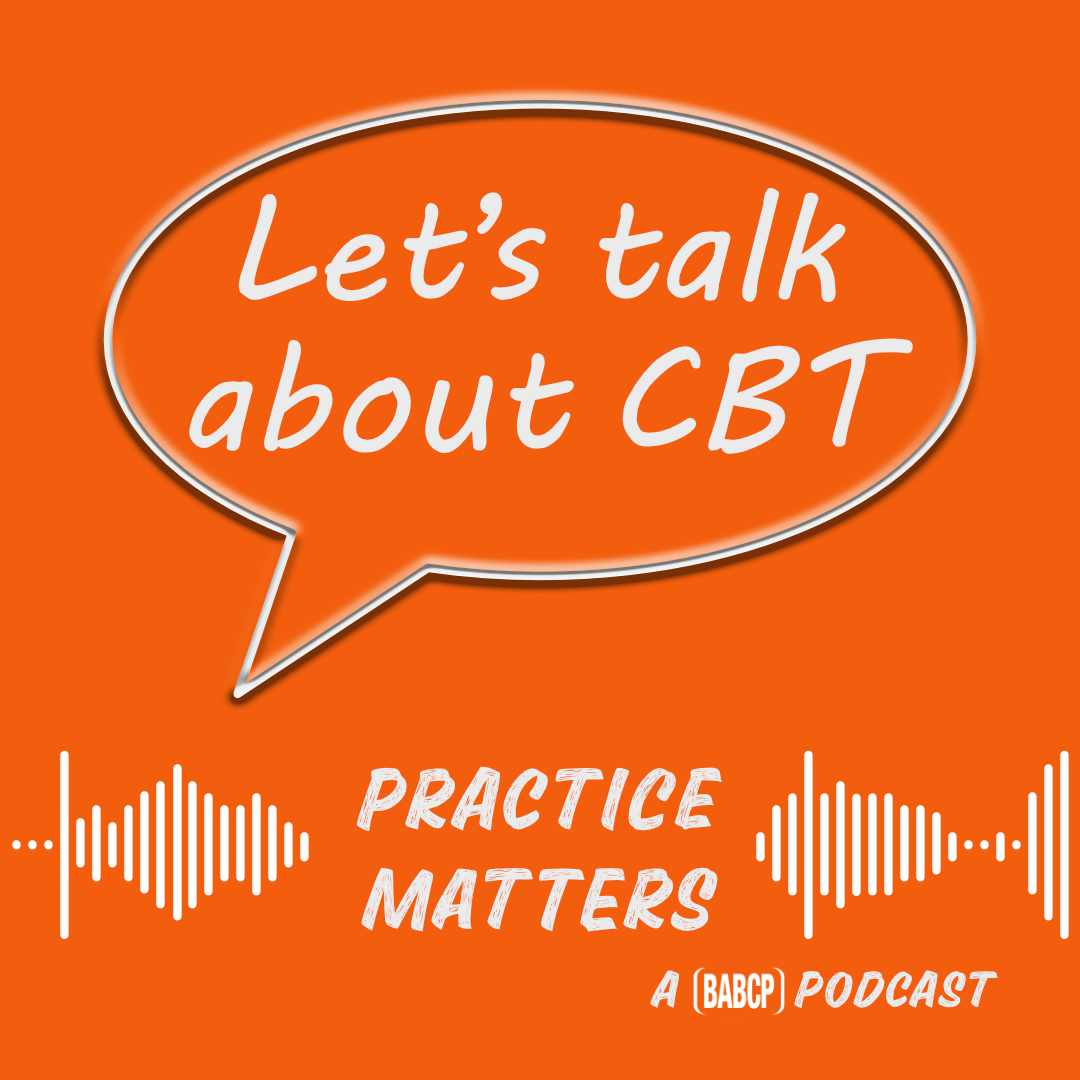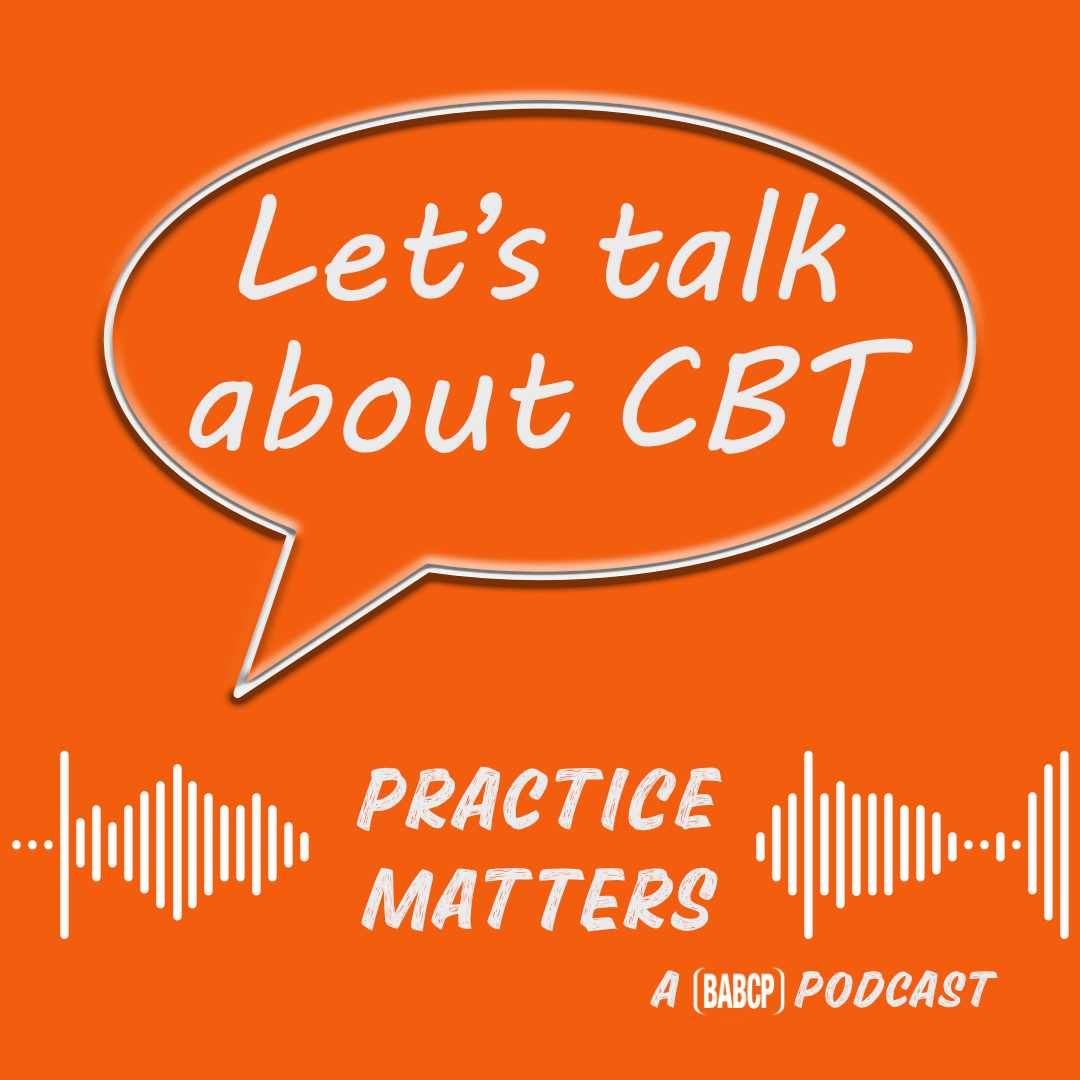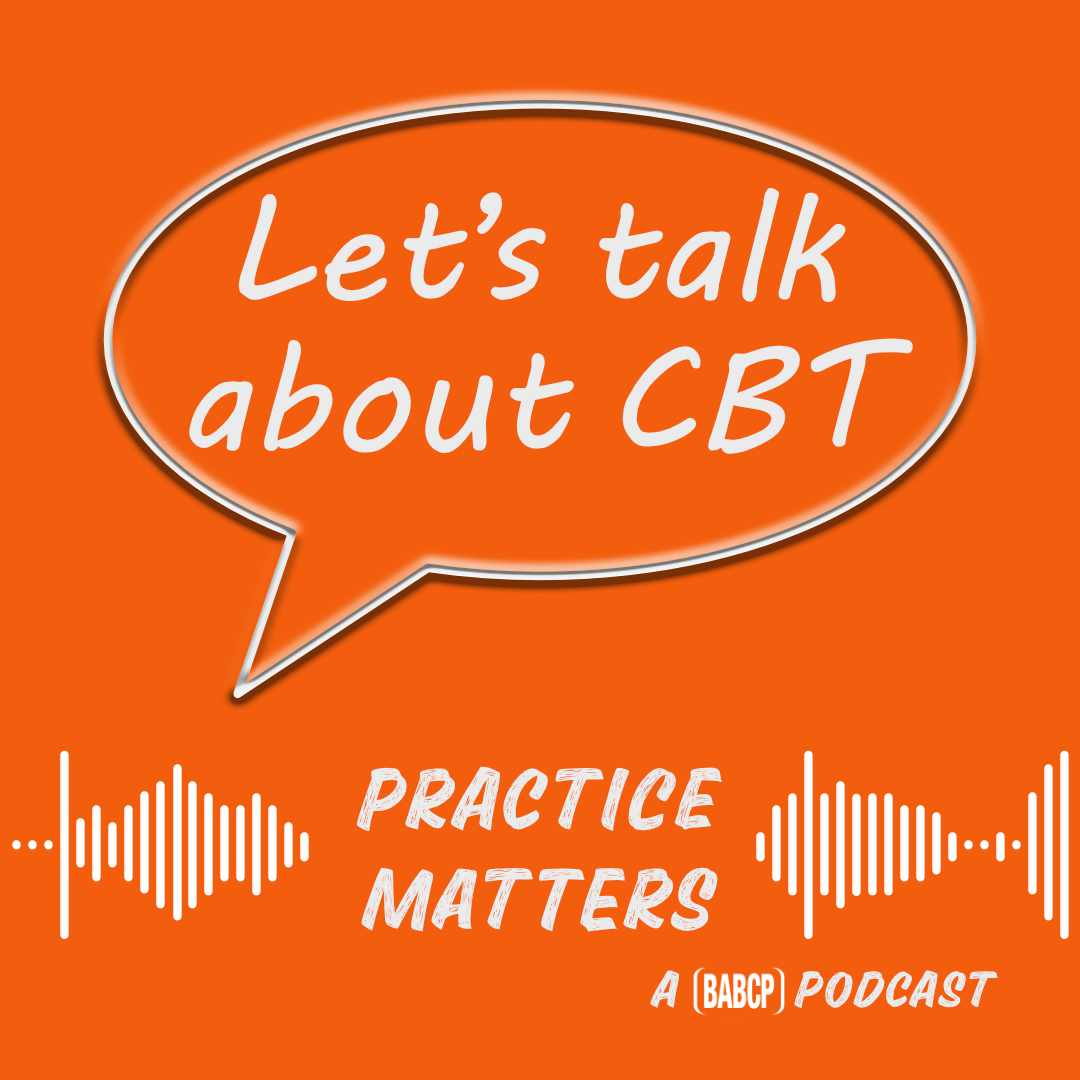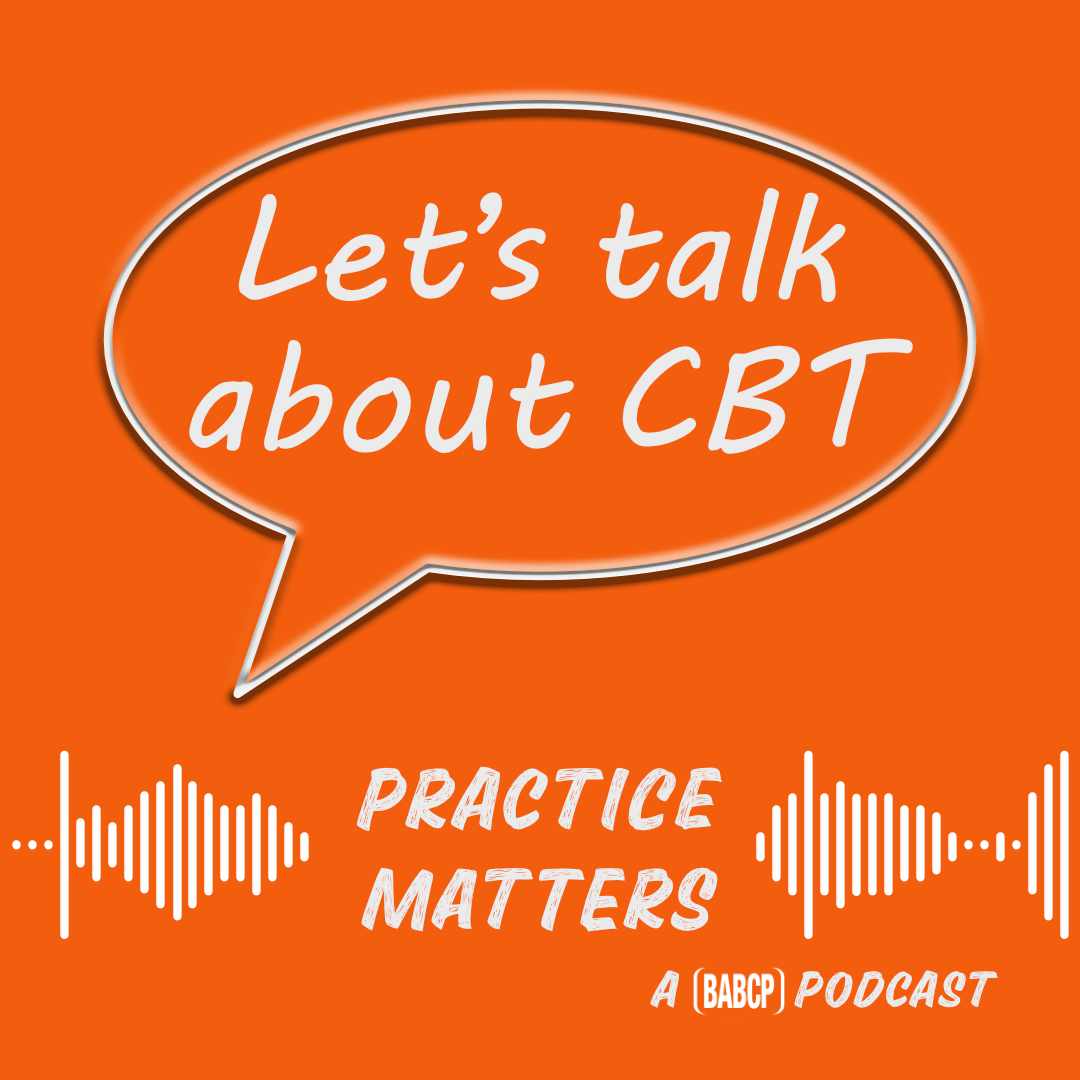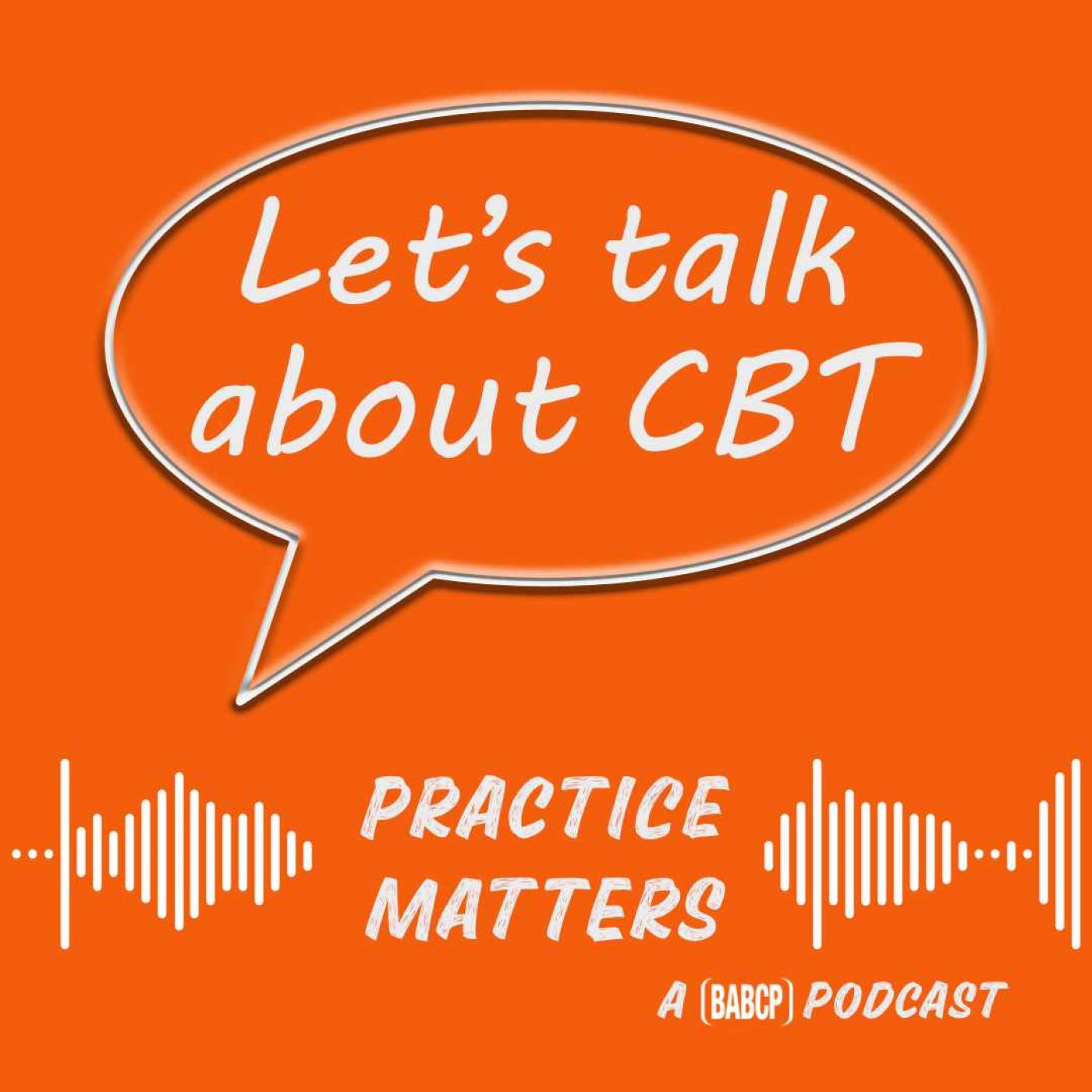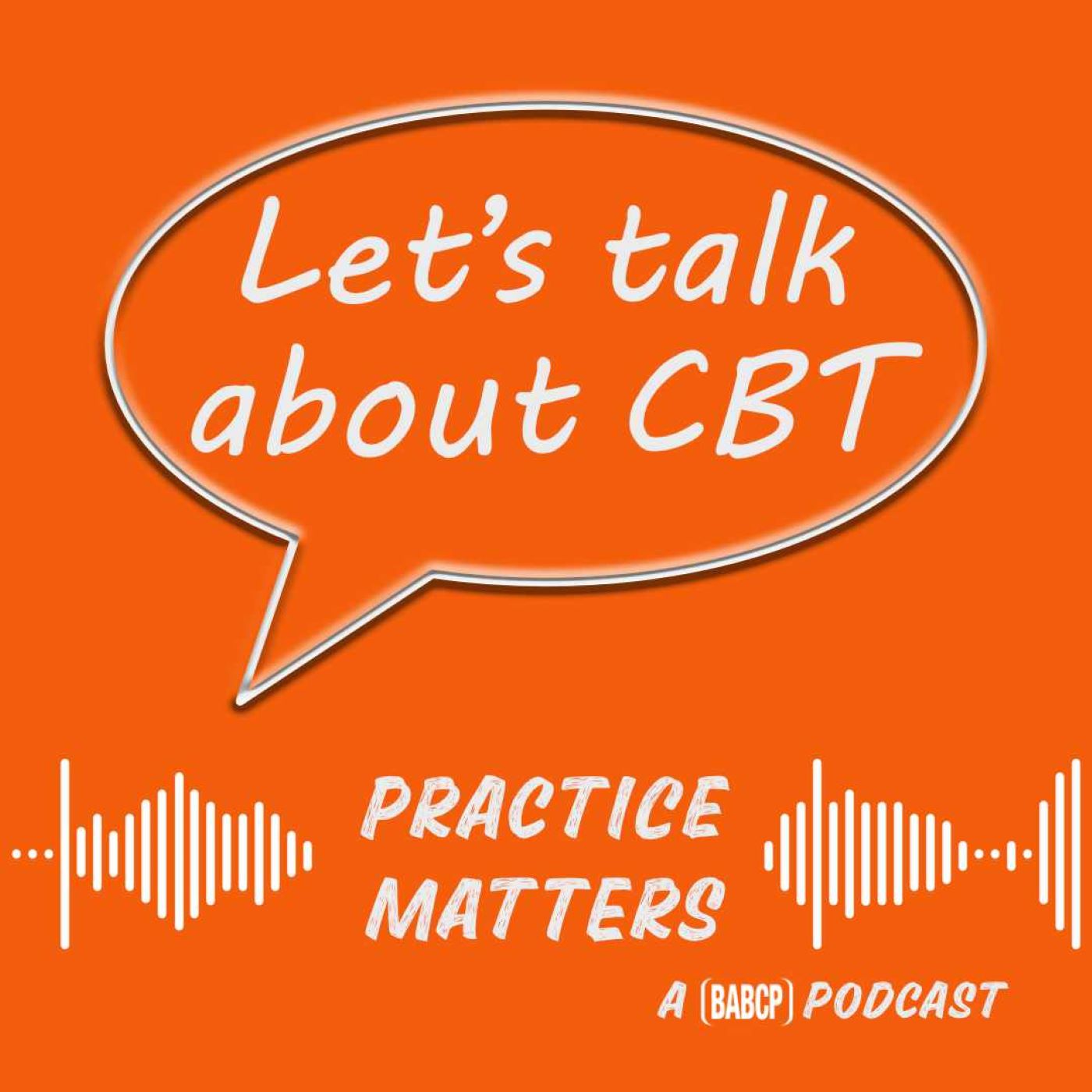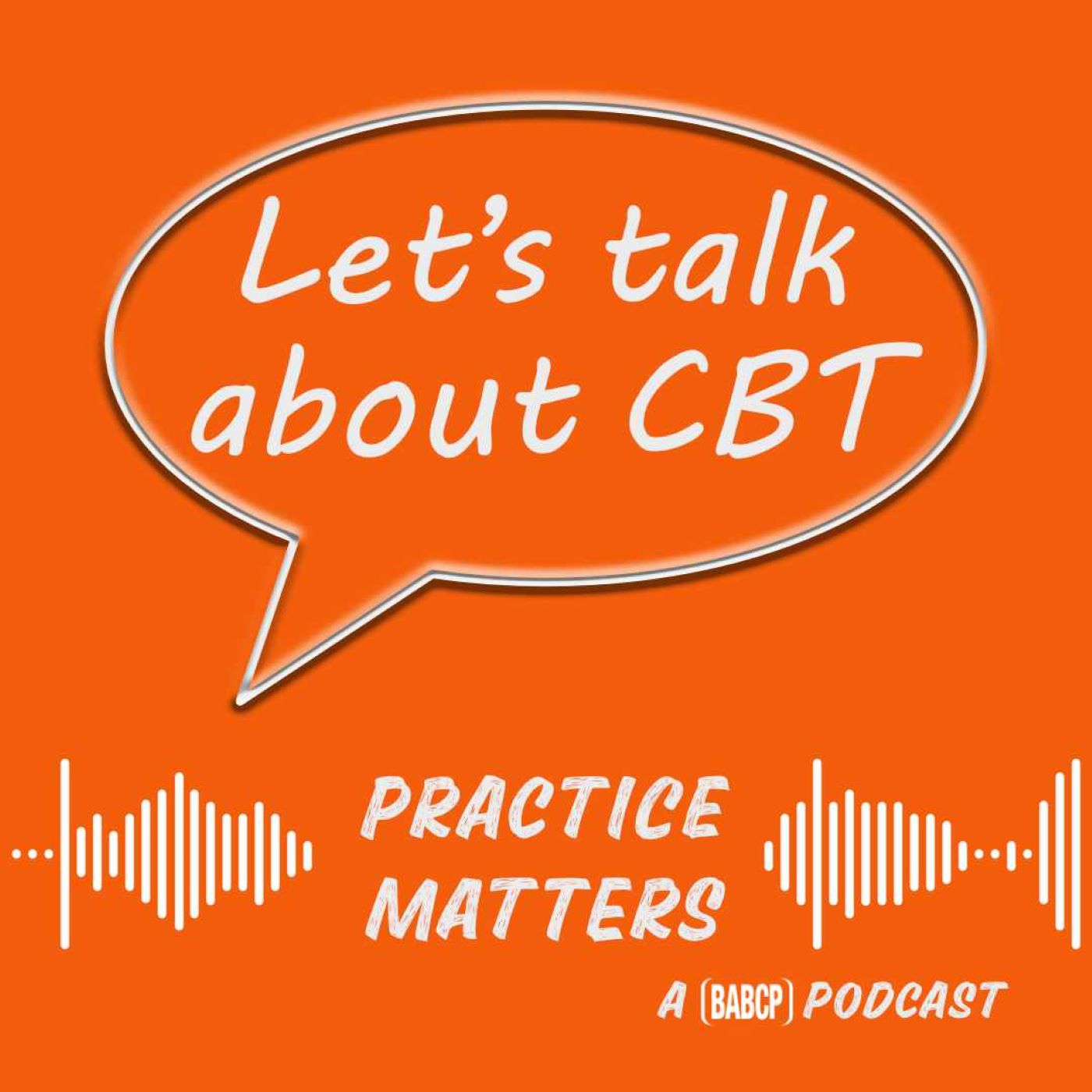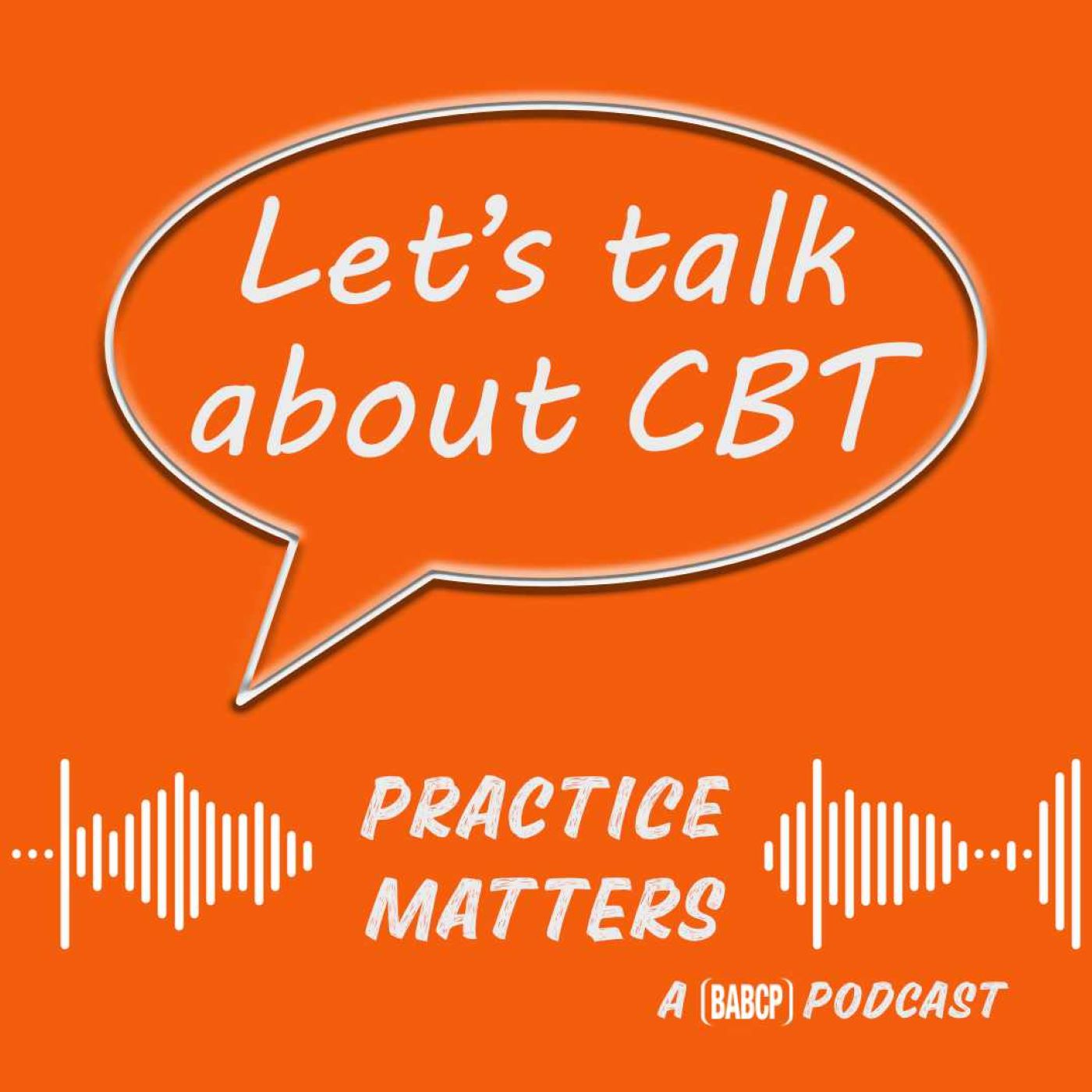Don’t let the perfect be the enemy of the good...Andrew Beck on Transcultural CBT
Description
In this episode of Let’s Talk About CBT – Practice Matters, host Rachel Handley speaks with Andrew Beck, consultant clinical psychologist, CBT therapist, and author of Transcultural Cognitive Behavioural Therapy for Anxiety and Depression. Andrew is a leading expert in culturally adapted therapies and a former president of the BABCP. Together, they explore the importance of culture, language, ethnicity, and identity in therapy and how these factors influence mental health, therapy engagement and treatment outcomes.
Andrew shares his personal and professional journey into transcultural CBT and he and Rachel discuss practical strategies for therapists to approach conversations about culture and difference in therapy, as well as the evidence supporting culturally adapted approaches. Andrew encourages therapists to engage with these topics, step outside their comfort zones, and take a flexible and collaborative approach to transcultural CBT.
If you liked this episode and want to hear more, please do subscribe wherever you get your podcasts. You can follow us at @BABCPpodcasts on Instagram, @babcppodcasts.bsky.social on BlueSky or email us at podcasts@babcp.com.
Resources & Further Reading
Transcultural Cognitive Behavioural Therapy for Anxiety and Depression: A Practical Guide by Andrew Beck
The Cognitive Behaviour Therapist Special Issue on Being an anti-racist CBT therapist
IAPT Black Asian and Minority Ethnic Service User Positive Practice Guide
Credits:
Music is Autmn Coffee by Bosnow from Uppbeat
Music from #Uppbeat (free for Creators!): https://uppbeat.io/t/bosnow/autumn-coffee
License code: 3F32NRBYH67P5MIF
This podcast was edited by Steph Curnow
Transcript:
Rachel: Welcome to Let's Talk About CBT- Practice Matters, the BABCP podcast for therapists using Cognitive Behavioural Therapy with me, Rachel Handley. Each episode, we talk to an expert in CBT who share insights that will help you understand and apply CBT better to help your patients.
Today I'm going to be talking to Andrew Beck, consultant clinical psychologist and CBT therapist. Andrew is a former president of the BABCP and author of the influential book, Transcultural Cognitive Behavioural Therapy for Anxiety and Depression. He's also a leading expert nationally and internationally on culturally adapted therapies.
So we're so delighted to have you, Andrew. It's one of the great joys of hosting this podcast, having the opportunity to read and reread the work of world experts in different areas of CBT, like yourself, and to talk to them about their work and having dipped into your book a few years ago over the years, it's been wonderful to have an opportunity to read it from front to back as there’s such a rich, wide ranging and thought provoking and practical information in it. I'm also really curious, cause at first glance, not necessarily the obvious choice of a topic for a white British therapist to write. And I'm wondering how you got engaged in this work. What's motivated and informed your interest in it personally, professionally?
Andrew: Yep, it's a really good question, Rachel. And first, thanks for letting me know that it was a helpful book to you and something that was readable. It's one of those really difficult things about putting a book out there that you never know how it's landed and how it's landing, really. Because people pick it up, but you seldom hear from people about what it was like as a resource. I mean, how I came to be interested in it was through a couple of strands, really. One was quite personal, going right back to, I suppose like my early political life. I was born at the end of the 1960s. By the time I was 12, 13, the National Front who were kind of overtly racist political party were quite active in the area that I was growing up. And I think I was probably 13 when I first went on a kind of anti-Nazi league march and was listening to The Specials who were a band who really articulated the need to push back against that kind of growing tide of racism. And that was really formative for me as were some of the friendships and relationships I had during my teens and twenties, and being close to people who'd experienced discrimination at the sharp end. Really, as you say, I'm a kind of white English man, I'd never really experienced any kind of discrimination or hardship as a result of my characteristics, but politically I was interested in getting alongside people who had. So that was where it came from a kind of values point of view, I think, but in terms of how I ended up doing that as part of my job as well, is, so I was quite late to psychology. I graduated when I was around 25 and one of the first jobs I had was a research job in Nottingham, looking at how and why people used acute psychiatric beds. I was really lucky in that part of the team who were doing that work was a trainee psychiatrist called Swaran Singh, who's now Professor of Social Psychiatry in Warwick, but at the time he was just sort of finding his feet as a psychiatrist. And he said to me one day, have you ever noticed how nearly everybody who comes into these wards on a section of the Mental Health Act is a young black man? And I said, no, I hadn't noticed because, you know, I was a young white man. I didn't need to notice things like that. I didn't need to recognise those inequalities because they didn't really affect me, but Swaran as someone from a minoritised background had noticed. And what he was able to do was tack onto the study that we were doing, an additional study, looking at the rates of sectioning and who got sectioned and why. And with the statistical help of Tim Croudace, we wrote a paper that showed that young black men were massively disproportionately admitted under sections, despite the fact that the severity of their presenting problems was no greater than anyone else's. So that got me really interested in inequalities in mental health care. So I was really lucky that I had someone who opened my eyes to that really at a formative stage in my career. And then I spent three years as an academic, a research assistant, research associate. The professor in charge of my department told me that I'd never be a very good academic, but I'd probably be okay as a clinician. So then I applied for clinical psychology and began to practice clinical psychology in East London, where the patient group we were working with was diverse. So from the moment that I began to learn how to be a therapist, it was learning how to be a therapist with people from different backgrounds to myself. So that's how I became interested in that quite early on in my career, really.
Rachel: So it sounds like you found yourself in a time and place in your life where there are these movements going on around your natural interest and inclination to stand up against racism and discrimination. But then also these key figures that drew you in and were generous with their time and thinking and their experience to help you think about ways in which you could really enact that in your work.
Andrew: Yeah, that's absolutely right. I was so lucky in that, that there were a number of people who took the time to kind of help my thinking develop really. And that was generally people from minoritised backgrounds themselves who could see I probably had some kind of enthusiasm or interest and who sort of put the time and effort into bringing me along. And I'm really grateful for that really, I was very lucky to have those experiences.
Rachel: And it's evident from your own history of your involvement in this work. This isn't a new conversation. It's not something that we're arriving to just now in terms of a therapy community. However, the way in which we discuss these things often feels quite tentative and people are coming to it often quite new and without kind of fully formed ideas. One of the things that might be helpful to think about upfront as we're having this conversation is what kind of terminology we might use in this podcast and maybe more generally that is helpful, rather than alienating for folk as we talk about transcultural therapy.
Andrew: Yeah, that's a really good question, Rachel. And it’s one of those things that I think when I think back about how we had those discussions, in the kind of mid to late nineties, the language that we use then was very different to the language that I would use when I first started writing about this in publications and the language that we use now is different again. And it's a con

